Challenges we face together
The world faces many issues: rising sea levels, more extreme weather events, loss of biodiversity and social injustice. But together, we can overcome these challenges.
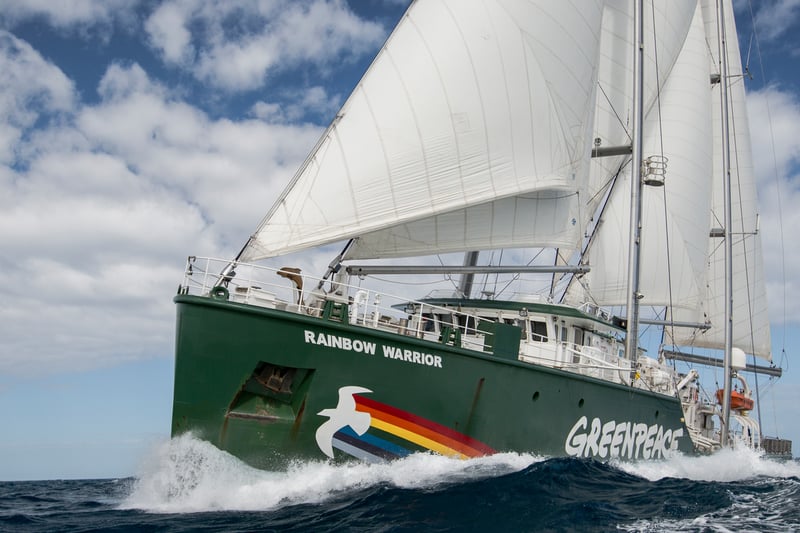
Issues we’re working on
Greenpeace’s mission is to create a green and peaceful future. We know we can achieve change when we all work together.
The issues that Greenpeace campaigns on will help ensure Earth’s ability to sustain life in all its diversity. Learn more about what Greenpeace is doing to protect our natural world for future generations, and how you can get involved.
How Greenpeace creates change
Through action, Greenpeace aims to spark systemic change. That means large-scale change that will fix the root causes of issues, not just the symptoms. To do that, Greenpeace uses the following approaches:
- Investigations – Greenpeace investigates and exposes governments or corporations who cause environmental damage
- Lobbying – Greenpeace encourages and persuades those in positions of power to take the bold steps needed to stand up to corporate influence and protect the planet
- Direct Action – Greenpeace activists peacefully protest environmental injustice
- People Power – Greenpeace helps people send a message to decision-makers and enables people to come together and demand change
- Science – Science and research guides all of Greenpeace’s work. Facts and peer-reviewed research form Greenpeace projects and policies.
Usually, Greenpeace campaigns involve a combination of all of these tactics.
Get involved with Greenpeace campaigns
Greenpeace is a people-powered organisation. We believe it’s only with the support of people just like you that we can come together and change history.
Let’s make the world a greener, more peaceful place, together.
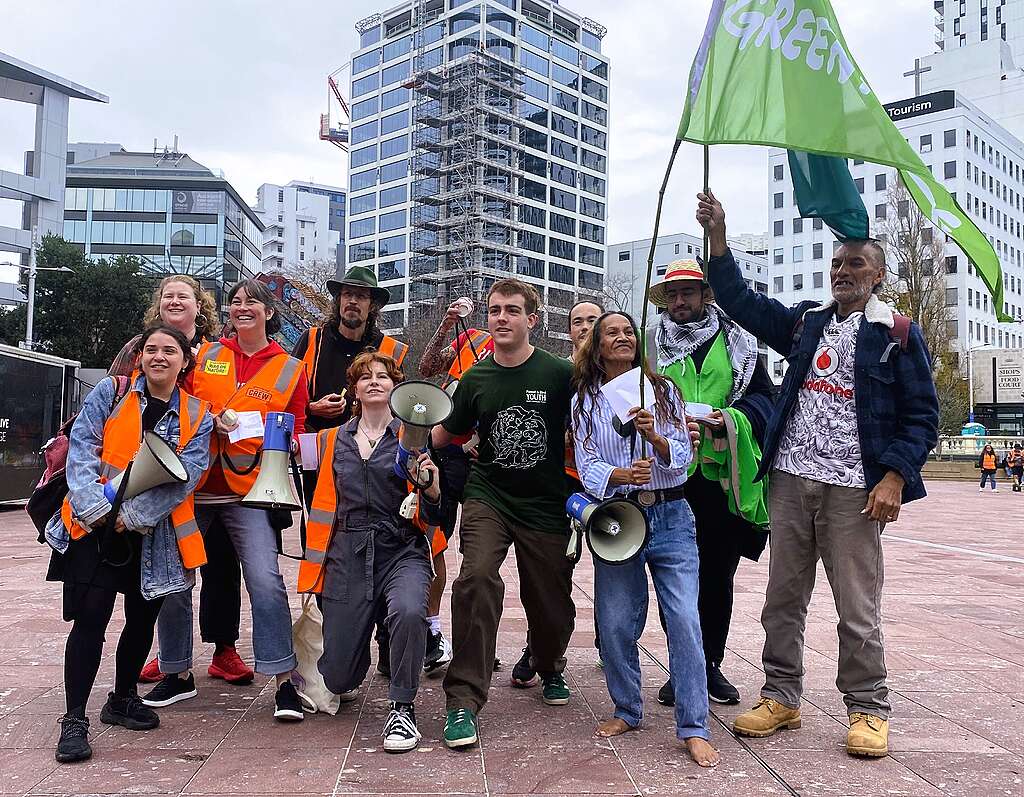
Past Greenpeace campaigns
Greenpeace has been campaigning for the planet since 1971. Find out about some of Greenpeace’s historic projects, and the victories we’ve won together for the planet.

Greenpeace is 100% independent
We rely on donations from people like you, people who care about protecting the planet. You can support our work by making a donation today
-
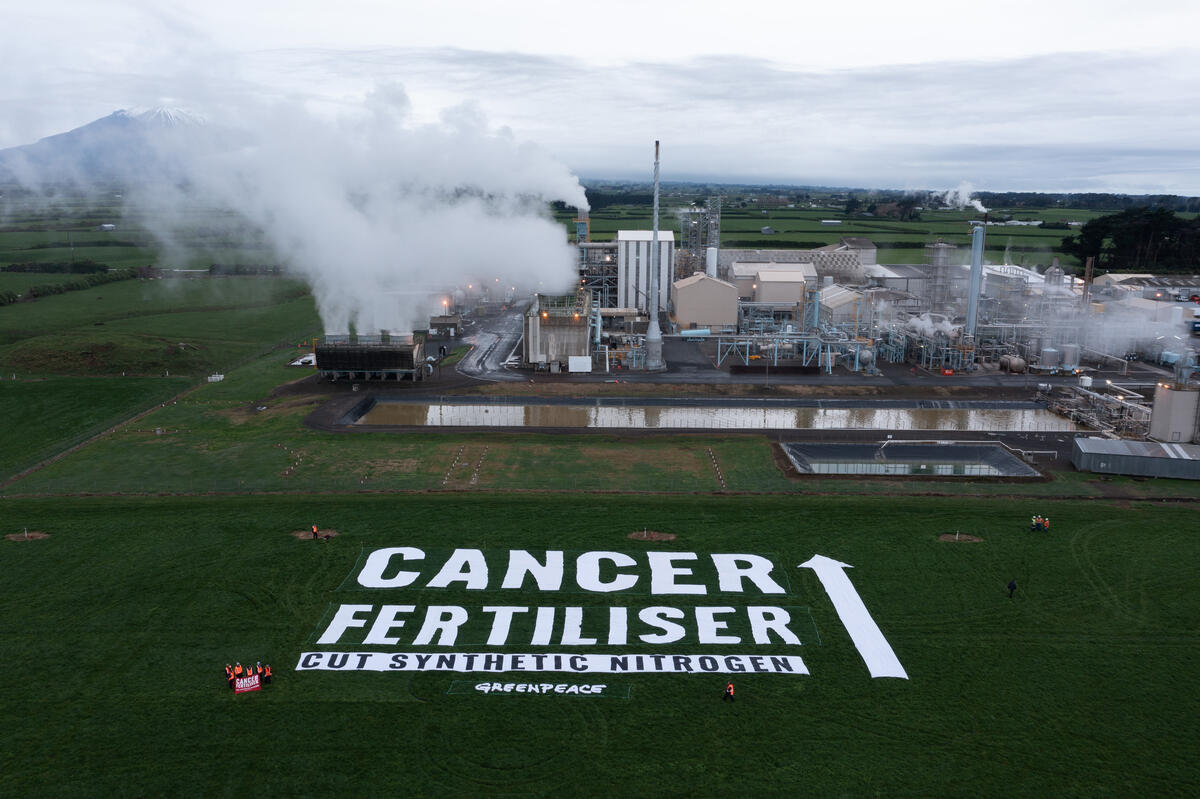
Looming Government fertiliser cap decision could worsen NZ’s nitrate contamination crisis
Greenpeace warns that a looming Government decision on fertiliser restrictions could result in more nitrate contamination of drinking water.
-
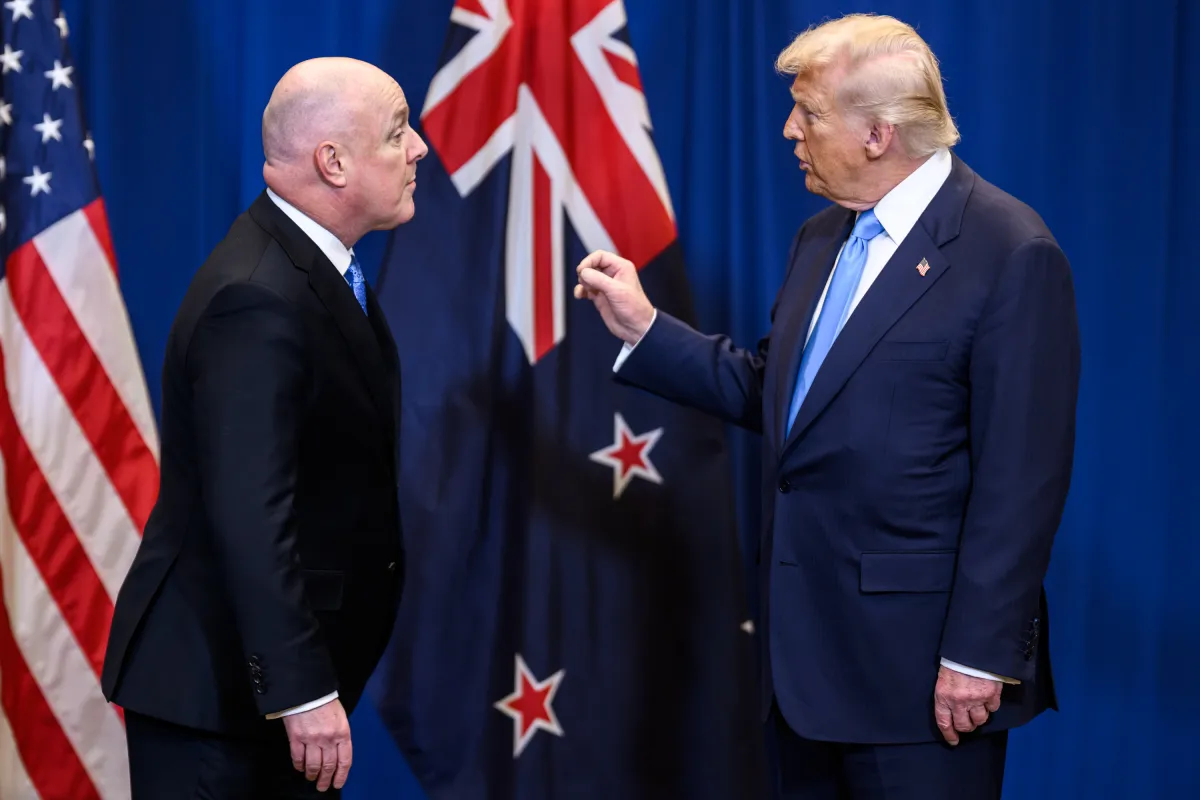
Appeasing Trump is a strategic mistake. Luxon should know better.
David Seymour slipped up on Herald Now. Ryan Bridge caught Seymour admitting that a critical minerals deal with Trump had, in fact, been discussed at Cabinet. This was awkward, given…
-
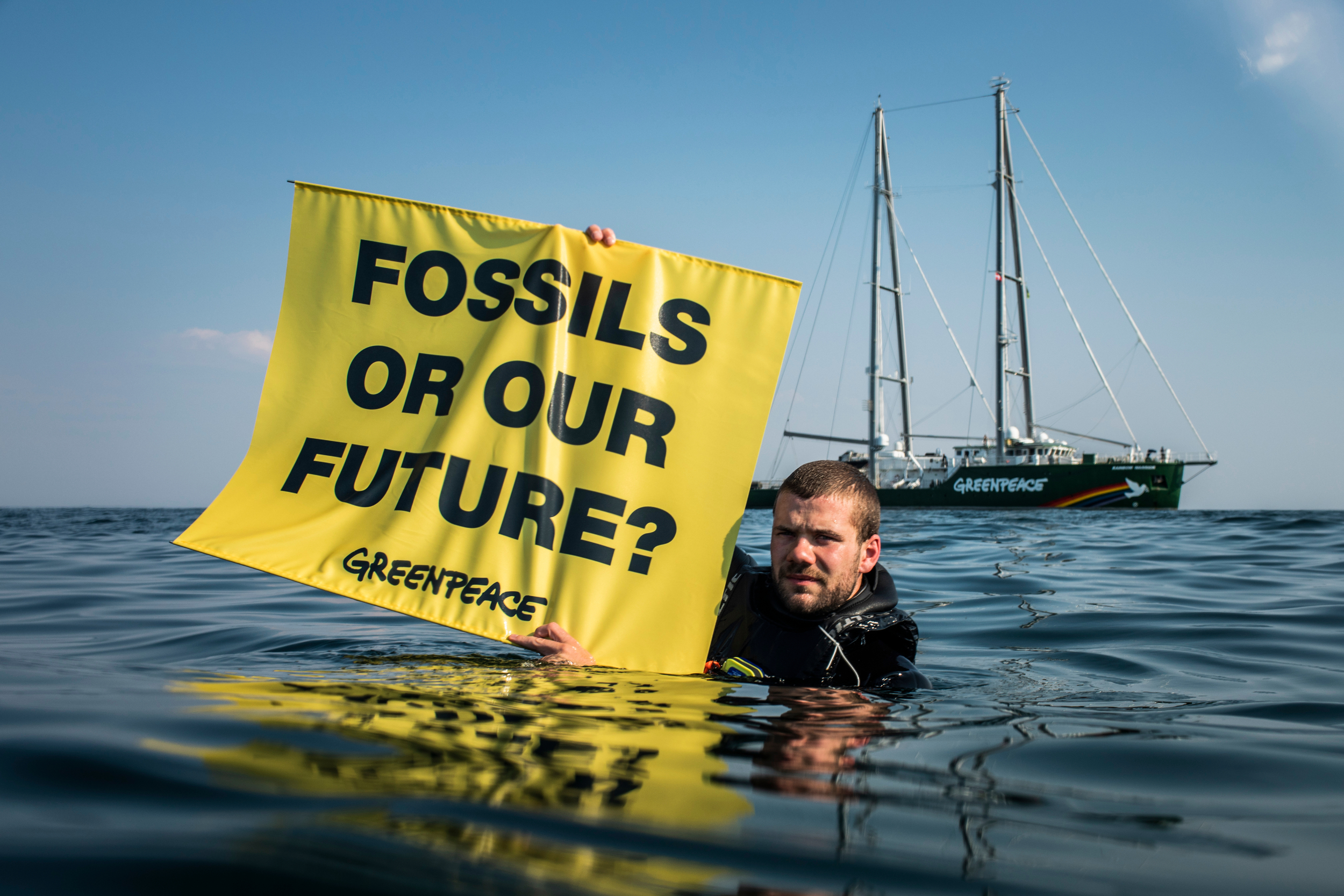
LNG terminal decision: Dirty, dumb and expensive – Greenpeace
Greenpeace is slamming the Luxon government’s announcement it will build a liquid natural gas (LNG) import terminal, calling it a dirty, dumb and expensive decision that will leave New Zealanders…
-
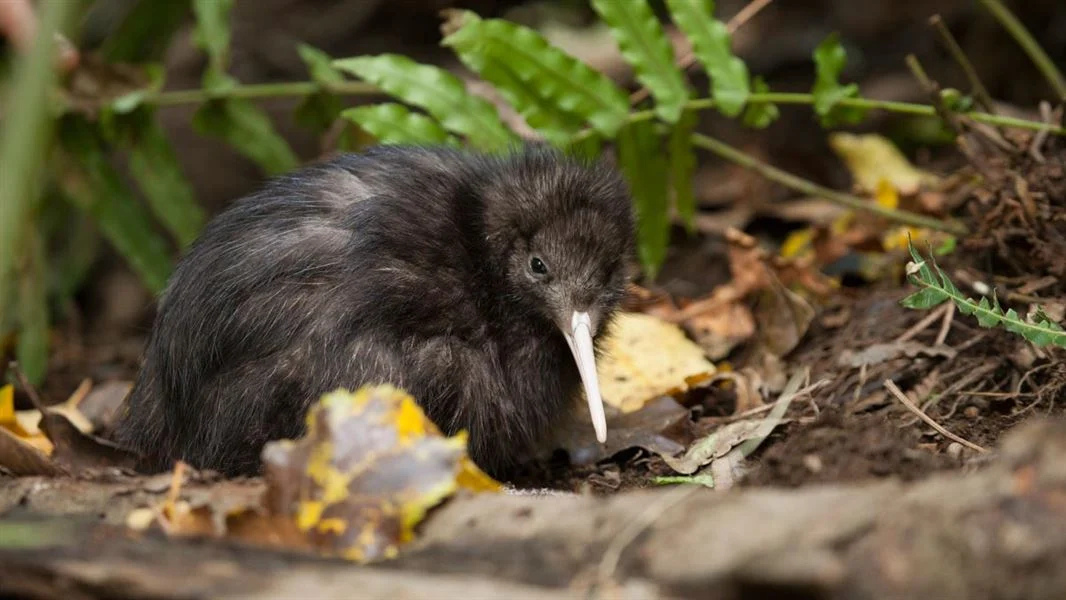
Kiwi-killing Bill 2.0: Government’s RMA reforms strip wildlife protections
Greenpeace says it has identified a “kiwi-killing clause” in the Natural Environment Bill, which is set to replace the RMA.
-
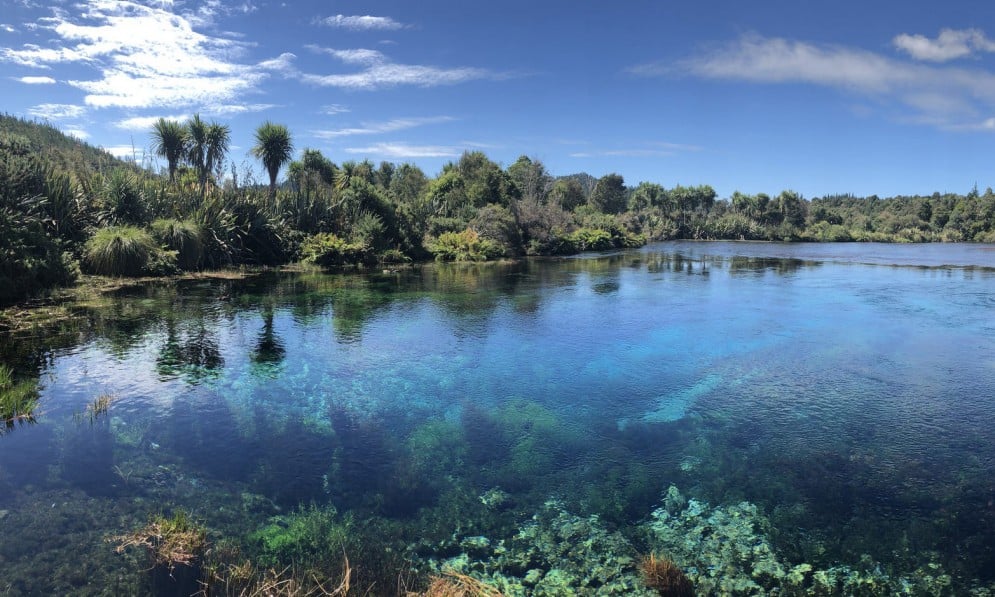
The Polluters Get Paid Plan: AKA Regulatory Relief / Regulatory Takings
How the Government is pushing an extreme idea that would block environmental protection and reshape our democracy.
-
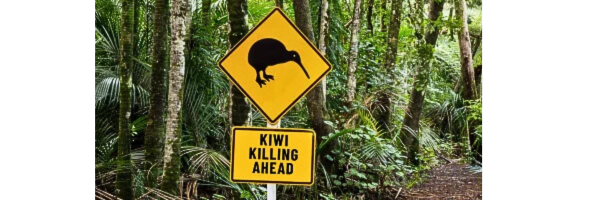
From wildlife protection to license to kill
The Luxon Government’s RMA reform and Natural Environment Bill will make it easier for companies kill kiwi and other protected wildlife
-
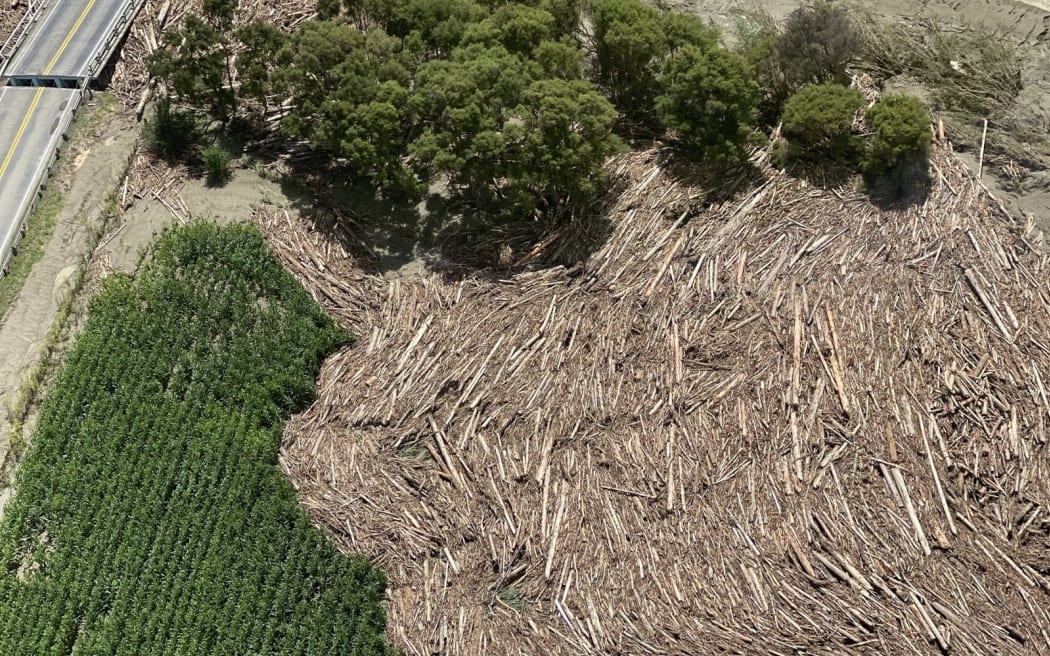
How to make your submission on RMA reform: the Natural Environment Bill and Planning Bill
This is a handy guide to help you make your submission before the deadline. It covers what these Bills are, why you should submit, and how to do it.
-
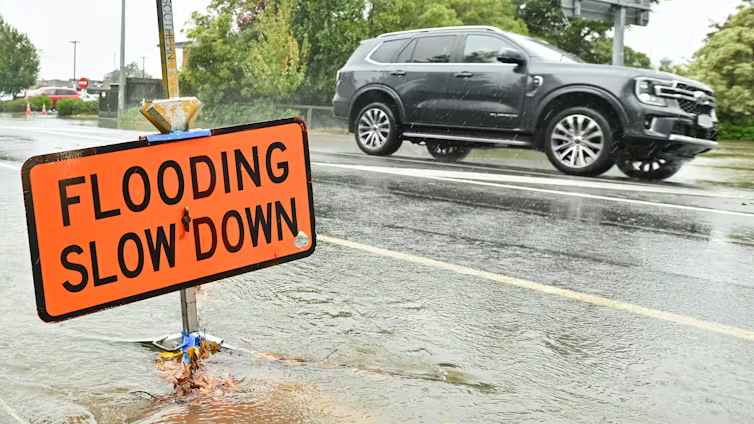
NZ is again being soaked this summer – record ocean heat helps explain it
For many people this summer, showery days and bursts of heavy rain have become all too familiar.
Subscribe
Greenpeace is people, people like you, and together we are unstoppable! Add your details and we’ll send you regular action alerts and campaign information.
